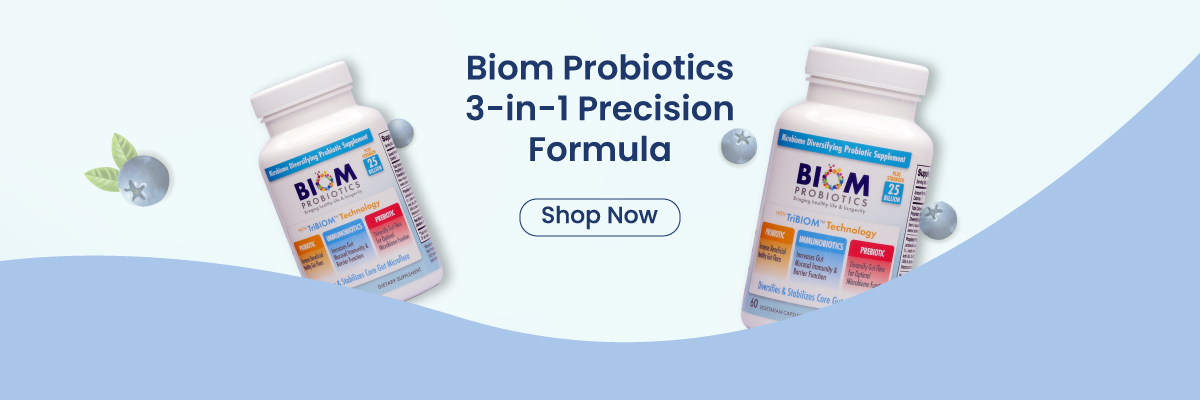Probiotics, heralded for their role in promoting gut health, have become a staple in many wellness routines. Yet, a common query lingers: How much probiotics should I take daily? Let’s journey to unravel the optimal dosage, ensuring you strike the perfect balance for your gut health.
Understanding Probiotics: Probiotics are live microorganisms, predominantly bacteria and yeast, known for their positive impact on the gut microbiome. As guardians of digestive balance, they contribute to overall well-being, supporting immunity and nutrient absorption.
- Individual Variability: There is no one-size-fits-all answer to the question of daily probiotic intake. Individual factors, including age, health status, and the specific strains of probiotics, influence the ideal dosage. What works for one person may differ for another.
- Colony Forming Units (CFUs): Probiotic supplements are quantified in Colony Forming Units, representing the number of viable microbes. A common guideline suggests a daily intake ranging from 1 to 10 billion CFUs for general health. However, specific health goals may require different amounts.
- Maintaining Balance: Start with a moderate dosage and observe how your body responds. For some, a lower CFU count may suffice, while others may benefit from higher doses. The goal is to find the right balance that supports a thriving gut microbiome without overwhelming the system.
- Targeted Health Goals: Tailor your probiotic intake based on your health objectives. Higher CFU counts may be beneficial for addressing specific concerns such as digestive issues, immune support, or post-antibiotic recovery. Adjustments can be made over time based on your evolving needs.
- Quality Matters: Opt for high-quality probiotic supplements with diverse strains. A well-formulated product ensures the viability of microbes, allowing them to survive the journey through the digestive tract and exert their beneficial effects in the gut.
- Dietary Sources: Don’t overlook the contribution of probiotic-rich foods to your daily intake. Incorporate fermented foods like yogurt, kefir, sauerkraut, and kombucha into your diet. This dietary diversity complements probiotic supplementation, offering a holistic approach.
- Consulting Healthcare Professionals: If you have specific health concerns, are on medications, or have underlying conditions, consult with healthcare professionals. Their guidance can help tailor your probiotic regimen to align with your individual health needs.
The quest for the ideal daily probiotic intake is a personalized journey. By embracing a mindful and flexible approach, you can navigate the nuances of dosage, ensuring that your gut health journey aligns with your unique requirements. Remember, the key lies in finding your Goldilocks zone – not too much, not too little, but just right for you.





